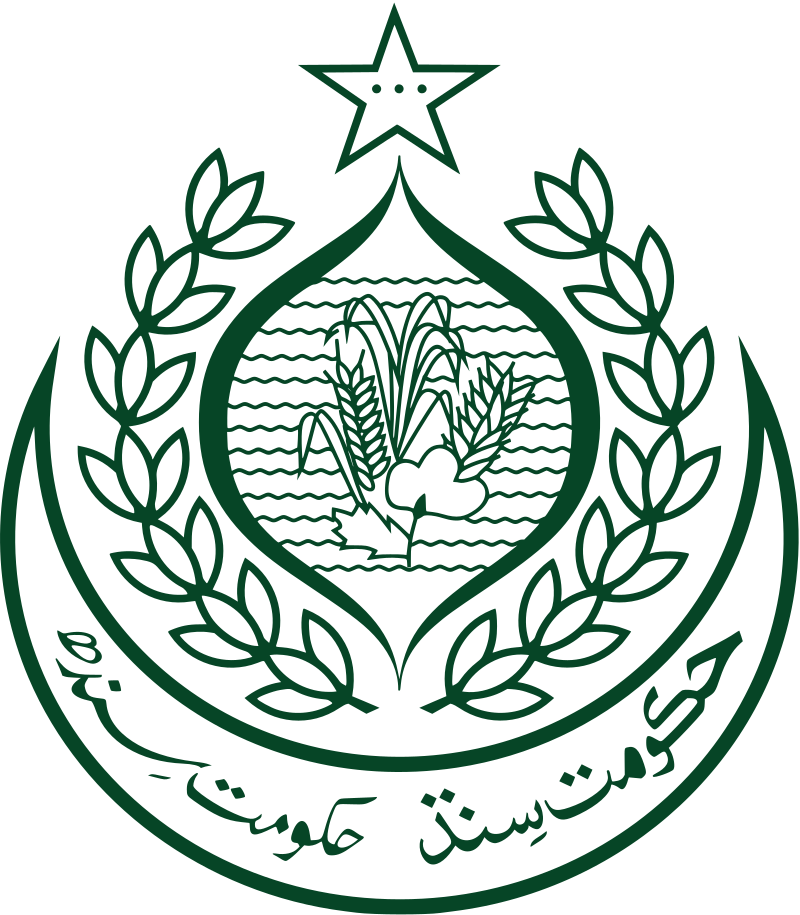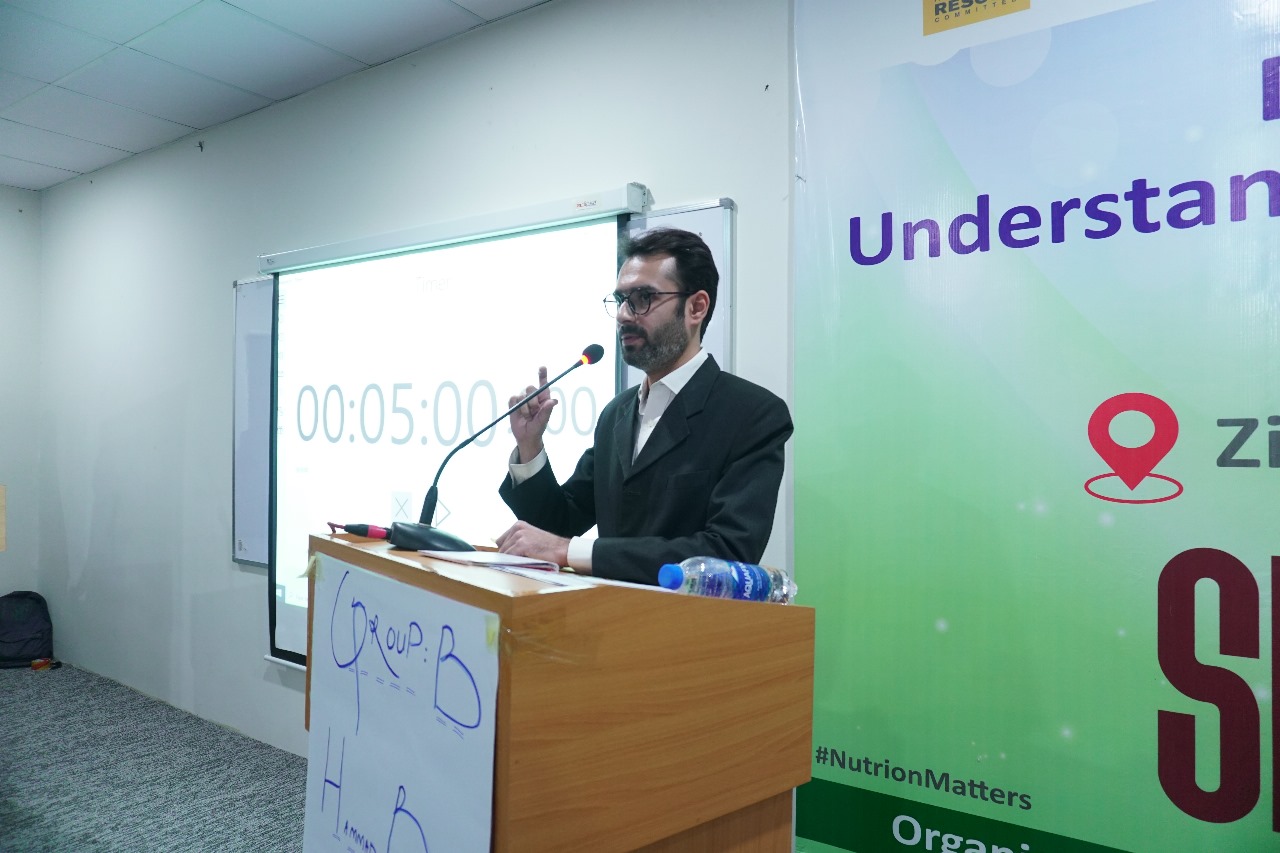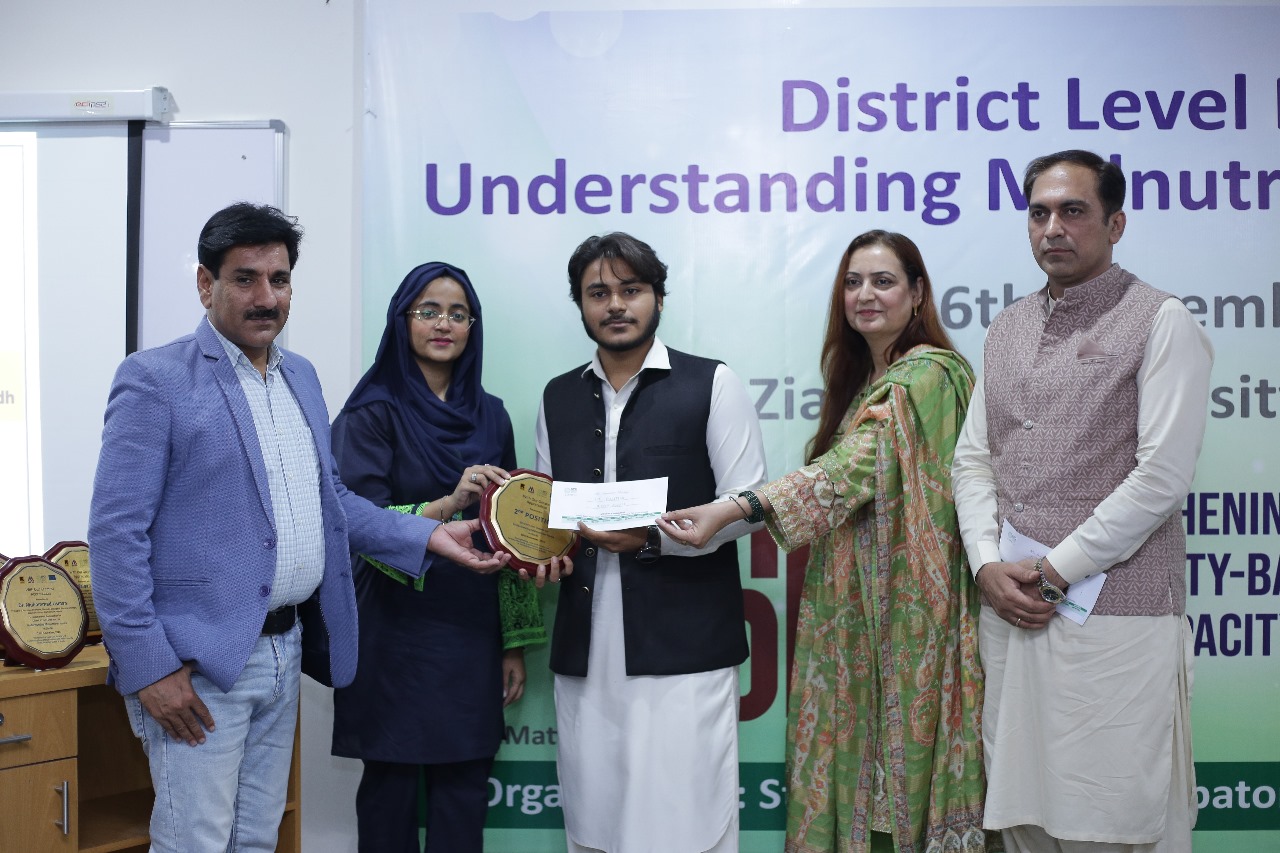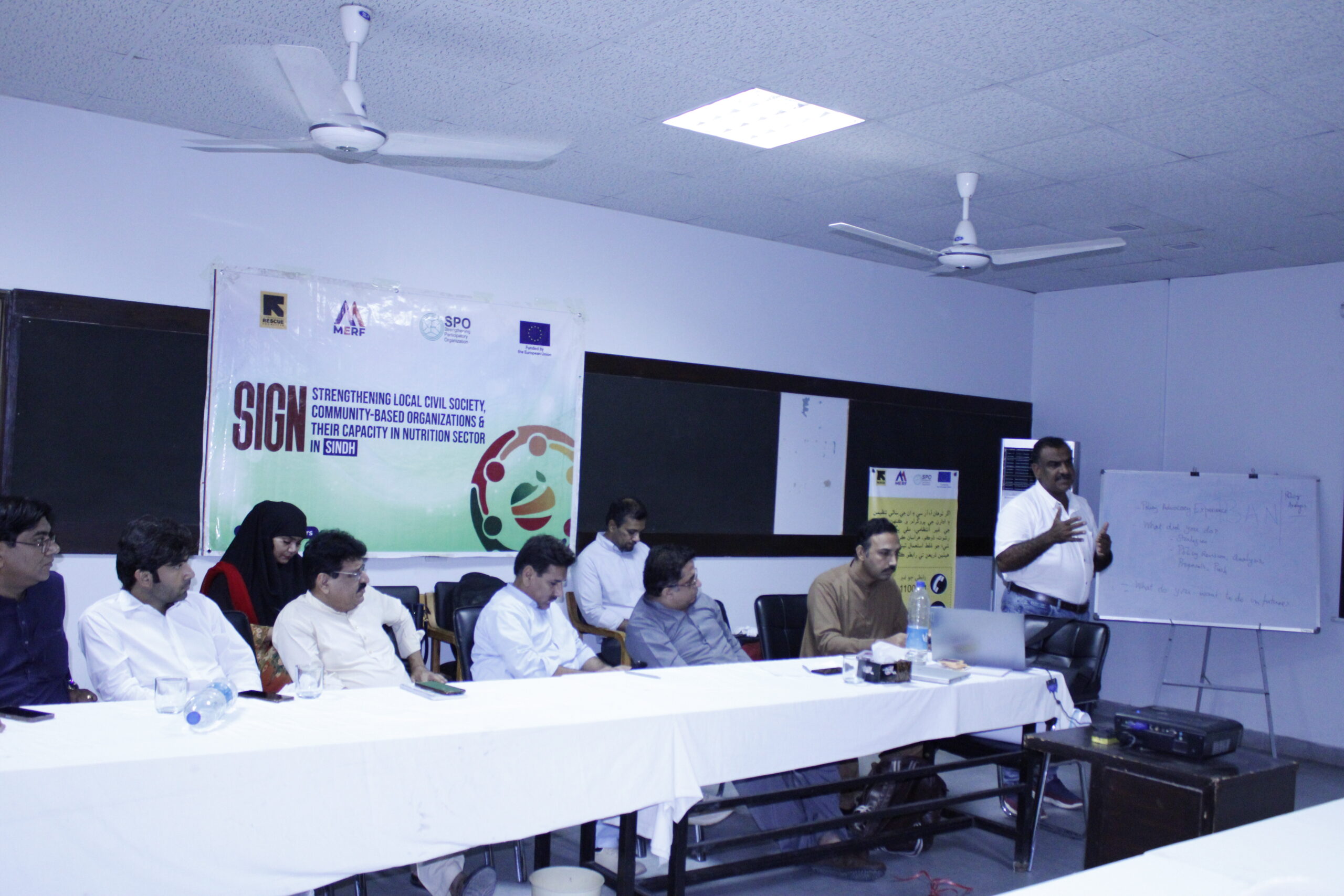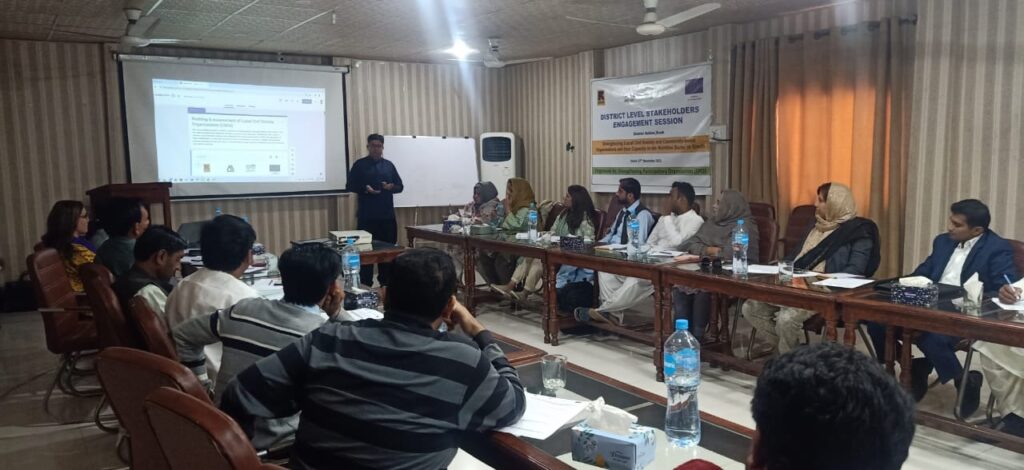
District-Level Intersectoral Workshops
Strengthening Participatory Organization (SPO), in collaboration with its consortium partners, IRC, MERF, and 15 local civil society organizations, organized 20 district-level intersectoral workshops in Sukkur, Ghotki, Kashmore, Khairpur, and Naushahro Feroze districts. These workshops are pivotal in addressing the pressing challenge of malnutrition.
The workshops aimed to provide a platform for diverse stakeholders, including government sectors, civil society organizations, and nutrition actors, to engage in collaborative discussions and develop integrated strategies to combat malnutrition. By promoting intersectoral dialogue, these workshops sought to enhance coordination, share best practices, and generate actionable recommendations for improving nutrition outcomes at the district level.
Each workshop was structured to foster engagement among representatives from the Health, Education, Agriculture, Fisheries & Livestock, Social Welfare, and Population Welfare Departments, along with UN agencies, NGOs, and other relevant stakeholders. Participants were encouraged to assess sectoral progress, identify gaps, and propose solutions.
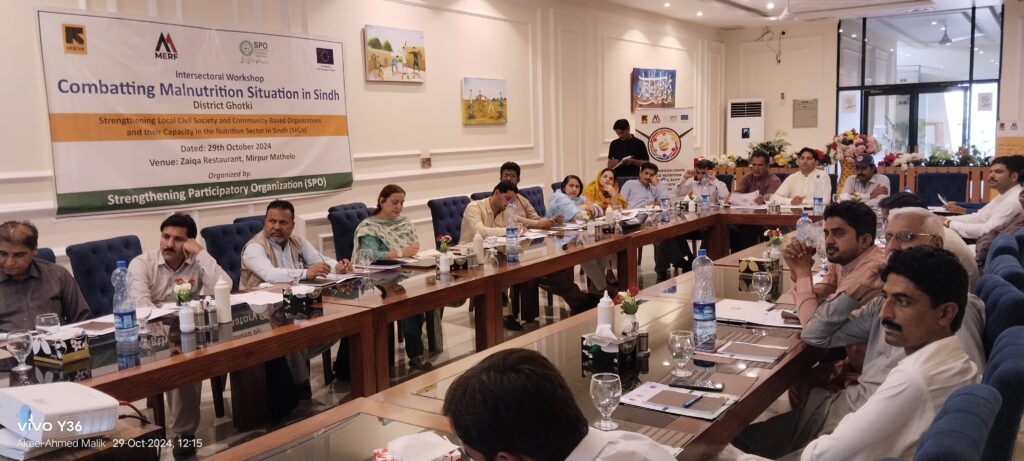
Through roundtable discussions and group presentations, stakeholders regularly reviewed ongoing interventions, assessed coordination mechanisms, and developed action plans to address identified challenges. These workshops were designed not only to highlight the current state of nutrition interventions but also to create a roadmap for future efforts, ensuring that each sector’s contributions were aligned and impactful.
The workshops culminated in the presentation and endorsement of key findings and recommendations. Participants collectively agreed on actionable outcomes and strategies to enhance the effectiveness of nutrition programs in their respective districts. The collaborative approach ensured that the recommendations were well-informed and feasible, promoting sustainable improvements in nutrition services. By fostering a culture of shared responsibility and cooperation, these workshops were a critical step toward achieving a more integrated and effective response to malnutrition in Sindh.
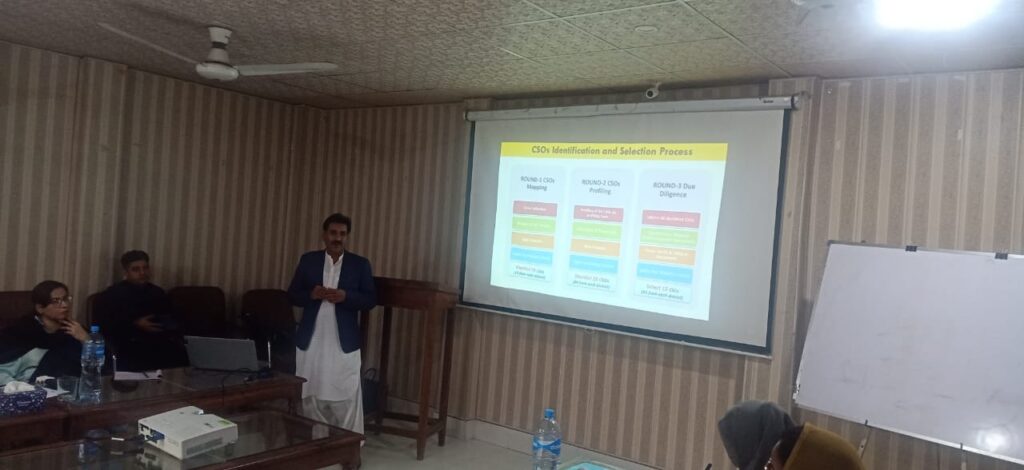
Malnutrition intervention planning
Strategic planning processes that aim to reduce malnutrition through coordinated efforts involving multiple sectors, from healthcare to social welfare.
Nutrition-focused sector coordination
The process of aligning efforts across different sectors—such as health, education, and agriculture—to ensure a comprehensive approach to improving nutrition.
Health and nutrition collaboration
Joint efforts between healthcare providers and nutrition specialists to integrate nutritional support into medical care and public health initiatives.
Agriculture and nutrition integration
The linkage between agricultural policies and nutrition programs to ensure food production aligns with dietary needs and public health goals.
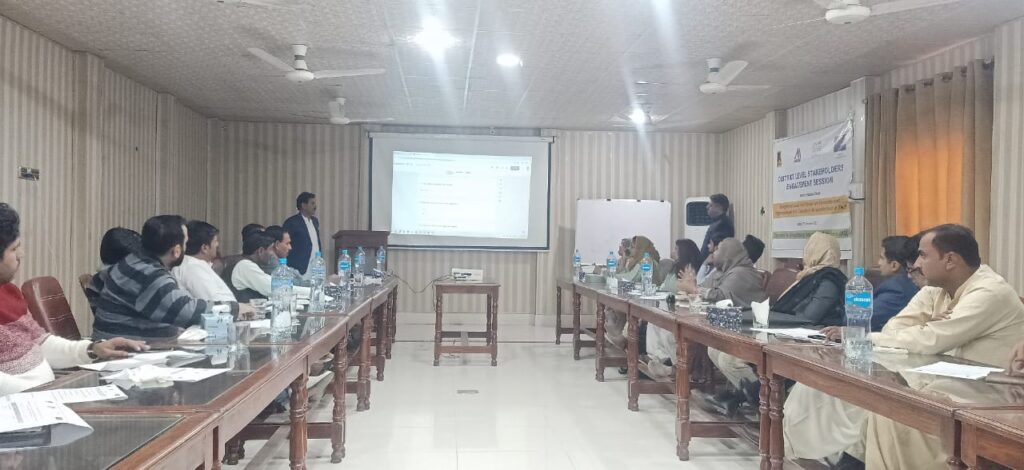
Education’s role in nutrition
The importance of incorporating nutrition education into school curricula and community programs to promote healthy eating habits from an early age.
Social welfare and nutrition outcomes
The impact of social welfare policies and programs on improving nutrition, particularly for vulnerable populations such as children and pregnant women.
Multi-sectoral nutrition action plans
Comprehensive strategies that involve multiple sectors in designing and implementing effective nutrition interventions.
Sustainable nutrition improvements
Long-term enhancements in nutrition that result from policy support, community engagement, and integrated sectoral efforts.

